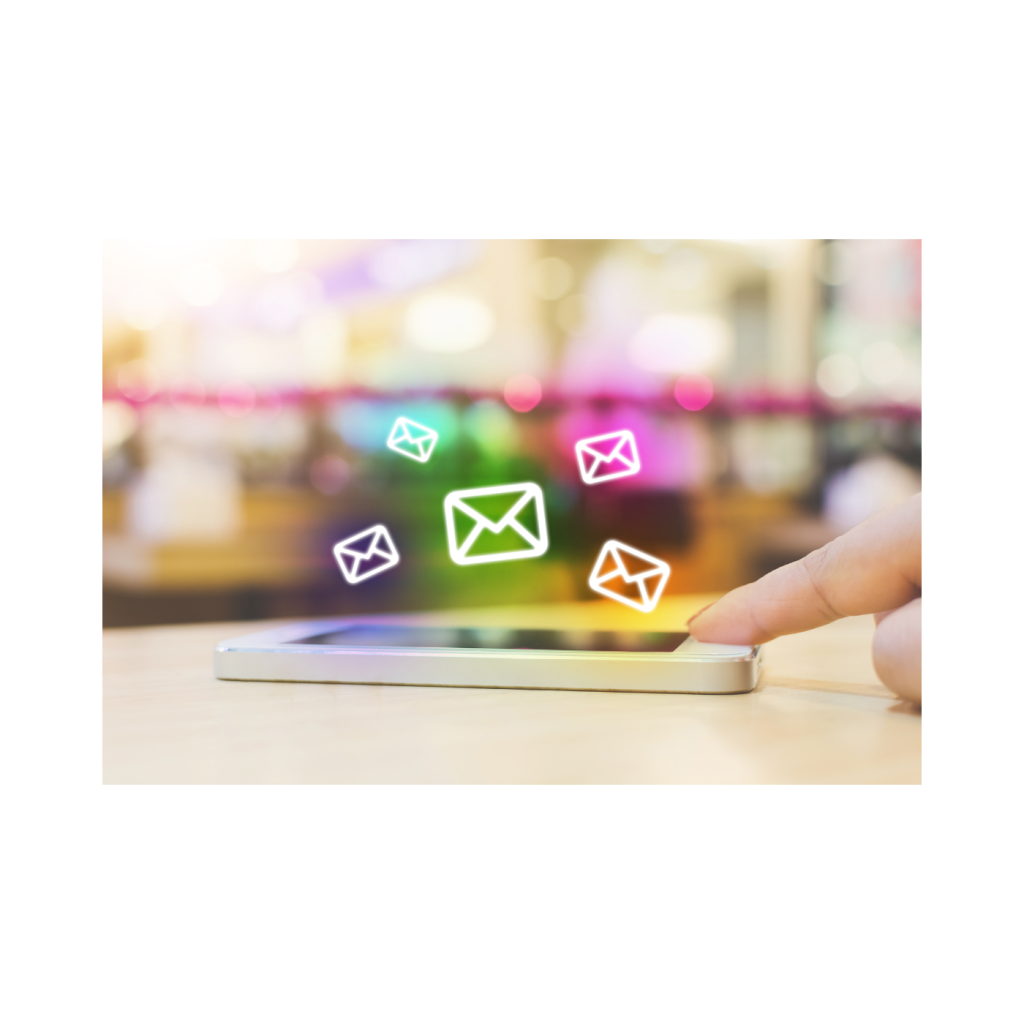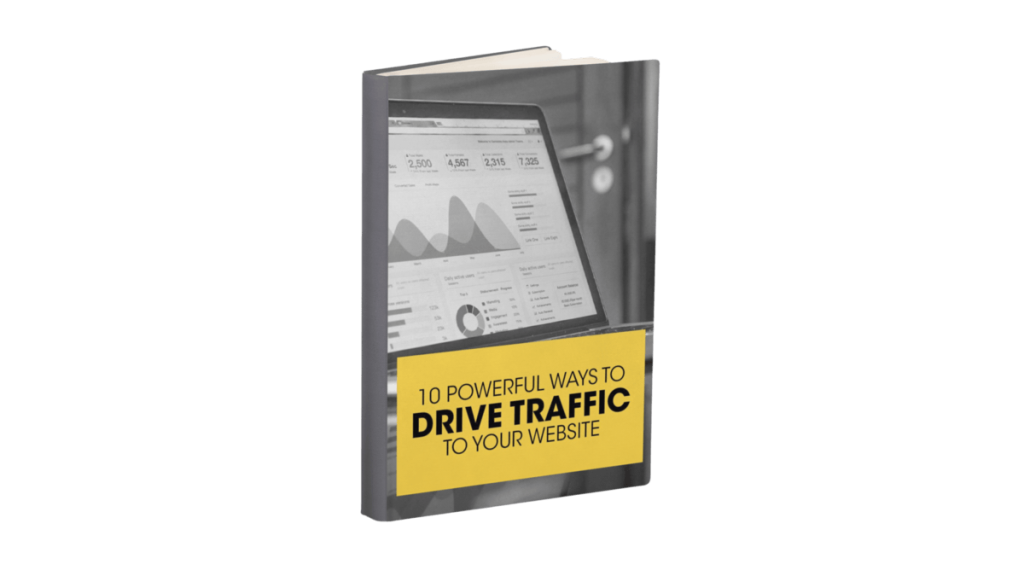Crafting Effective Newsletters for Engagement and Growth
Introduction to
Newsletters
Email newsletters have remained one of the most reliable and effective tools in a marketer’s toolkit, even in the ever-evolving digital landscape. They serve as a direct communication channel to engage with your audience, nurture leads, and build long lasting relationships with subscribers. When executed well, newsletters can drive traffic, boost conversions, and foster brand loyalty.
Newsletters are particularly effective because they allow businesses to deliver curated content directly to their subscribers’ inboxes, bypassing the noise of social media and other platforms. However, creating a successful newsletter goes beyond just sending updates. It requires a strategic approach to content, design, frequency, and subscriber engagement to ensure that readers open, read, and act on your emails.
This guide will explore how to develop high impact newsletters that keep your audience engaged, deliver value, and contribute to your overall marketing goals. We’ll cover everything from newsletter content ideas and email design best practices to understanding analytics for newsletters and optimizing frequency for maximum impact.

Crafting Engaging Content
for Newsletters
The heart of any successful newsletter lies in its content. Subscribers are more likely to stay engaged if they consistently receive valuable and relevant content. To craft newsletters that resonate with your audience, you must offer a mix of information, entertainment, and promotion that speaks directly to their interests and needs.
Newsletter Content
Ideas
Generating fresh and engaging newsletter content ideas can be a challenge, especially when you need to maintain regular communication. Here are some ideas to keep your content dynamic and engaging:
The key to creating engaging newsletters is to strike a balance between informational content and promotional messages. Your goal should be to provide value to your readers first, which will increase the likelihood of them taking action, such as making a purchase or sharing your content.
Provide tips, how-tos, and tutorials related to your industry. For example, if you’re a software company, you can offer productivity tips or guides on using certain features of your product.
Share industry news, trends, or interesting articles that your subscribers may find valuable. Curated newsletters are a great way to position your brand as a thought leader without always having to create new content from scratch.
Keep your audience informed about new product launches, upcoming events, or any changes within your company. Promotions and Discounts: Use your newsletter to offer exclusive deals, promotions, or discount codes to reward your subscribers and drive sales.
Share customer success stories or testimonials to build trust and inspire other subscribers to take action.
Include polls, quizzes, or questions that encourage your audience to engage directly with your email.
Use your newsletter to offer exclusive deals, promotions, or discount codes to reward your subscribers and drive sales.
Storytelling in Newsletters
Incorporating storytelling in newsletters helps to create a deeper connection with your audience. Storytelling can humanize your brand and make your emails more relatable. Whether you’re sharing a personal experience, a customer journey, or the origin story of your company, storytelling helps to engage readers on an emotional level.

Design and Layout
Best Practices
The design of your newsletter plays a critical role in how your content is received. A cluttered or unattractive email can turn readers off, even if the content is valuable. Following newsletter design best practices will ensure that your emails are visually appealing, easy to navigate, and optimized for all devices.
Newsletter Design
Best Practices
Here are some essential email design best practices to ensure your newsletters are well-received:
Establish a consistent layout for your newsletters, so readers know where to find key information. Use headings, subheadings, and clear divisions between sections.
A simple, clean layout makes it easier for readers to focus on your content. Use whitespace effectively to break up sections and avoid overcrowding your email with too much text or too many images.
Given that a large portion of email is opened on mobile devices, ensuring your newsletter is mobile friendly is crucial. Use responsive design that automatically adjusts to different screen sizes, and ensure that fonts are legible and images are properly scaled for mobile.
Use high quality images, infographics, and other visual elements to make your newsletter more engaging. Be sure to compress images to maintain fast load times without sacrificing quality. Using images in newsletters can enhance your storytelling and keep readers interested.
Incorporating interactive elements, such as polls, quizzes, or GIFs, can boost engagement by encouraging readers to interact directly with your content.
Every newsletter should have a clear call to action (CTA). Whether you’re asking readers to visit your website, read a blog post, sign up for an event, or make a purchase, your CTA should be prominent, concise, and action-oriented. Test different CTA placements and styles to see what drives the most clicks.
Determining Optimal
Sending Frequency
How often you send your newsletters plays a significant role in maintaining subscriber engagement. Too many emails can overwhelm your audience, leading to unsubscribes, while infrequent communication can cause your brand to fade from memory. Finding the right balance of newsletter frequency is essential for maintaining engagement without overwhelming your subscribers.
Newsletter Frequency and Timing
There is no one size fits all answer for the best newsletter frequency. It depends on your industry, audience, and the type of content you’re delivering. However, here are some general guidelines:
In addition to frequency, timing is crucial. Send your newsletter when your audience is most likely to engage with it. You can experiment with different days and times using A/B testing for newsletters to find what works best for your audience.
Great for businesses that generate a lot of fresh content or frequently update their offerings (e.g., news sites, ecommerce stores).
Ideal for companies that want to maintain a regular presence but may not have enough new content to justify weekly emails.
Suitable for businesses with a more relaxed content schedule or those in industries where updates and offers are less frequent.
Managing Email Lists for Newsletters
Properly managing email lists for newsletters is key to maintaining a healthy subscriber base. Keep your email list clean by regularly removing inactive subscribers, and allow users to update their preferences so they receive the content that’s most relevant to them. This will help reduce unsubscribe rates and improve engagement metrics.
Segmenting for Newsletters
Segmentation for newsletters allows you to tailor content for different groups of subscribers. You can segment by demographics, purchase history, engagement levels, or even by the stage in the customer journey. This ensures that each segment receives content that’s more personalized and relevant, leading to higher open rates and click-throughs.

Measuring Impact with
Email Analytics
To understand how well your newsletters are performing, you need to track key metrics and adjust your strategy accordingly. Analytics for newsletters provide insights into how your audience interacts with your content and whether your emails are achieving their intended goals.
Newsletter Analytics and Metrics
Here are some of the most important newsletter analytics and metrics to track:
The percentage of recipients who open your email. A low open rate may indicate that your subject lines need improvement or that your emails are being sent at the wrong time.
The percentage of recipients who clicked on a link in your email. A low CTR could suggest that your CTAs aren’t compelling enough or that the content isn’t resonating with your audience.
The percentage of recipients who unsubscribe after receiving your newsletter. A high unsubscribe rate may mean you’re sending too many emails, or that your content isn’t relevant to your audience.
The percentage of emails that couldn’t be delivered. A high bounce rate can indicate issues with your email list hygiene.
A/B Testing for Newsletters
A/B testing is an essential tool for optimizing your newsletters. You can test various elements of your email subject lines, CTAs, email layout, images, and send times to see which version performs better. A/B testing helps you fine tune your approach based on real data, leading to better overall performance.
Improving Click Through Rates
To improve click through rates, focus on crafting clear and compelling CTAs, placing them in prominent positions within the email. Additionally, create visually appealing buttons and ensure that the content surrounding your CTA encourages action.


Conclusion: Building a Loyal Subscriber Base
Email newsletters remain a cornerstone of effective email marketing. By delivering valuable, engaging, and well-designed content at the right frequency, you can build and nurture a loyal subscriber base that looks forward to your emails. Through careful planning, segmentation, and analysis, you’ll be able to continually optimize your newsletter strategy to drive engagement, conversions, and growth for your business.
At Nerve Agency, we specialize in crafting high-impact newsletters that capture attention and deliver results. From designing eye-catching layouts to developing compelling content and optimizing email performance, we’re here to help you connect with your audience and achieve your marketing goals. Contact us today to learn how we can help you build a successful newsletter strategy that keeps your subscribers engaged and your business growing!
